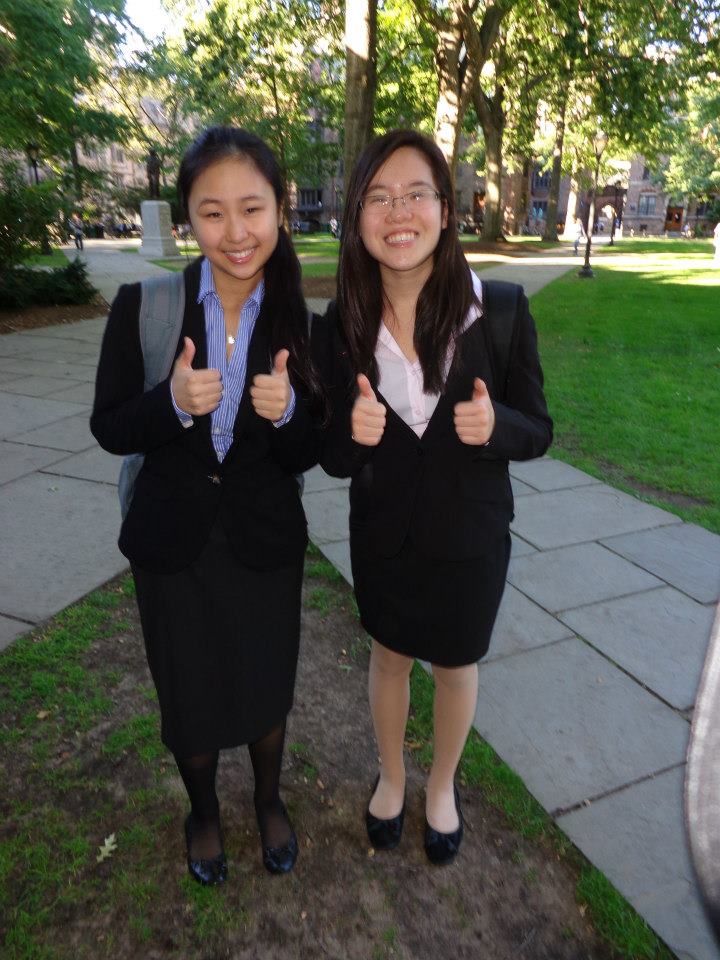Politics
POLITICS & STUFF | Three Years Later: My Reflection and Frustrations with Public Forum Debate
|
My high school years were defined by my participation in public forum debate. PF is a two-on-two debate format that encourages discussion on current controversies such as gun control, education reform and constitutionality. While I am extremely grateful for the critical forums of discourse provided through the activity, PF debate, from my experience, was a shitshow of sexism, classism, ableism and overall privilege that hid behind the feel-good notions of intellectual discourse and academic exploration. It was also an incubator for frustration against the exclusivity and elitism that runs rampant in this activity. Not only did the coaching fees, travel and hotel fees, and even attire actively exclude students not financially well-off, a multitude of damning biases and prejudices run under the radar.

